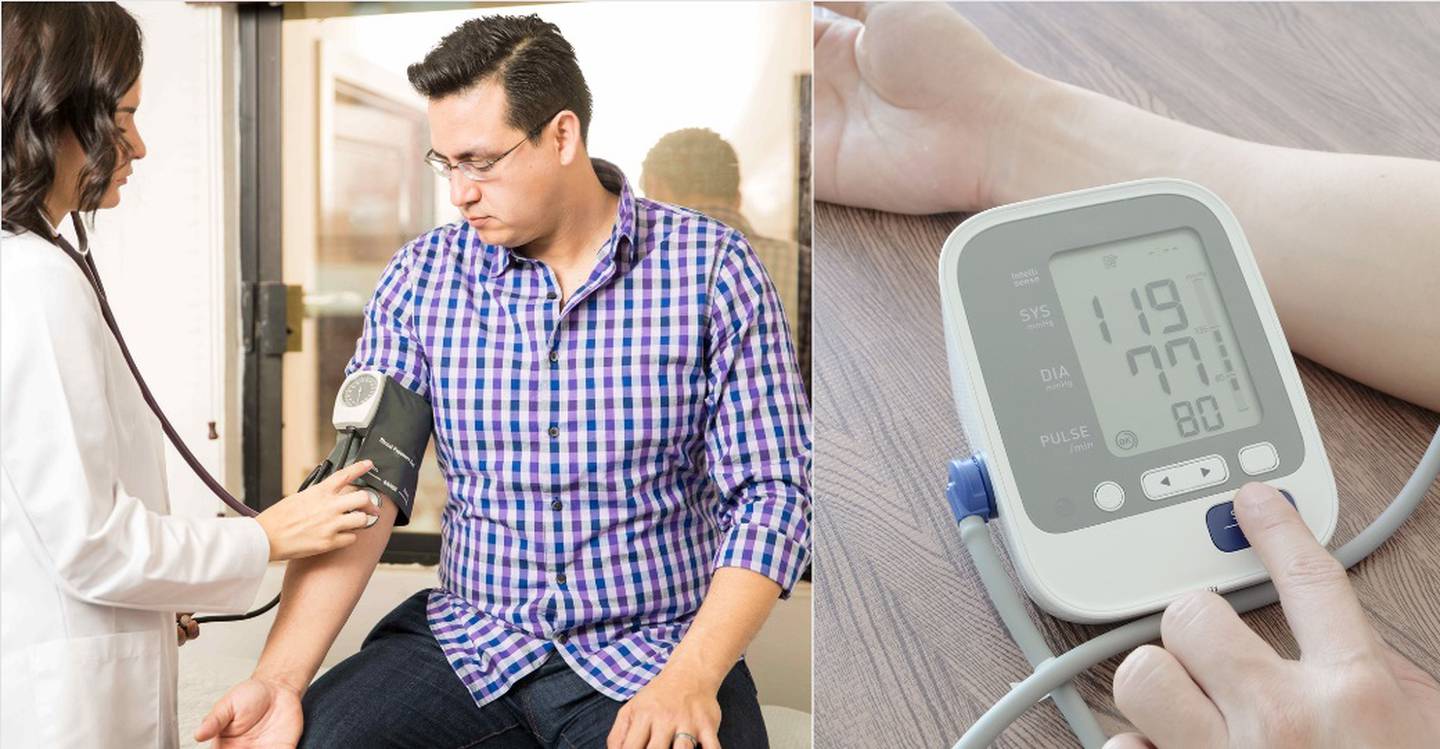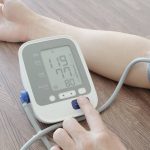


Your doctor prescribed you pills for high blood pressure but you hesitate to take them because you think you don’t feel that bad. This information is for you and for the thousands of patients who take treatments for hypertension or should do so but don’t know that this deadly and silent enemy can wreak havoc on your body. With the help of a cardiologist we will tell you what antihypertensive pills do – to combat high blood pressure – and even the best time to take them.
How do I know if I am hypertensive?
Before moving on to that, some useful information about high blood pressure.
What is hypertension?
High blood pressure is a serious medical disorder in which the blood vessels that carry blood throughout the body are under high pressure.
As we know, the heart pumps blood into these vessels with each beat. In this normal process, blood pressure is a measurement of the force with which the blood pushes against the walls of the blood vessels as the heart works. The heart has a harder time pumping when there is higher blood pressure, explains the World Health Organization (WHO).
READ MORE: Three out of ten hypertensive Costa Ricans are also diabetic
Why is hypertension called ‘the silent killer’?
High blood pressure is called the “silent killer” because it often causes no symptoms – or goes unnoticed, such as headache, dizziness, blurred vision or ringing in the ears – and is the cause of strokes, heart attacks, heart failure, kidney damage and many other health problems, according to the WHO.
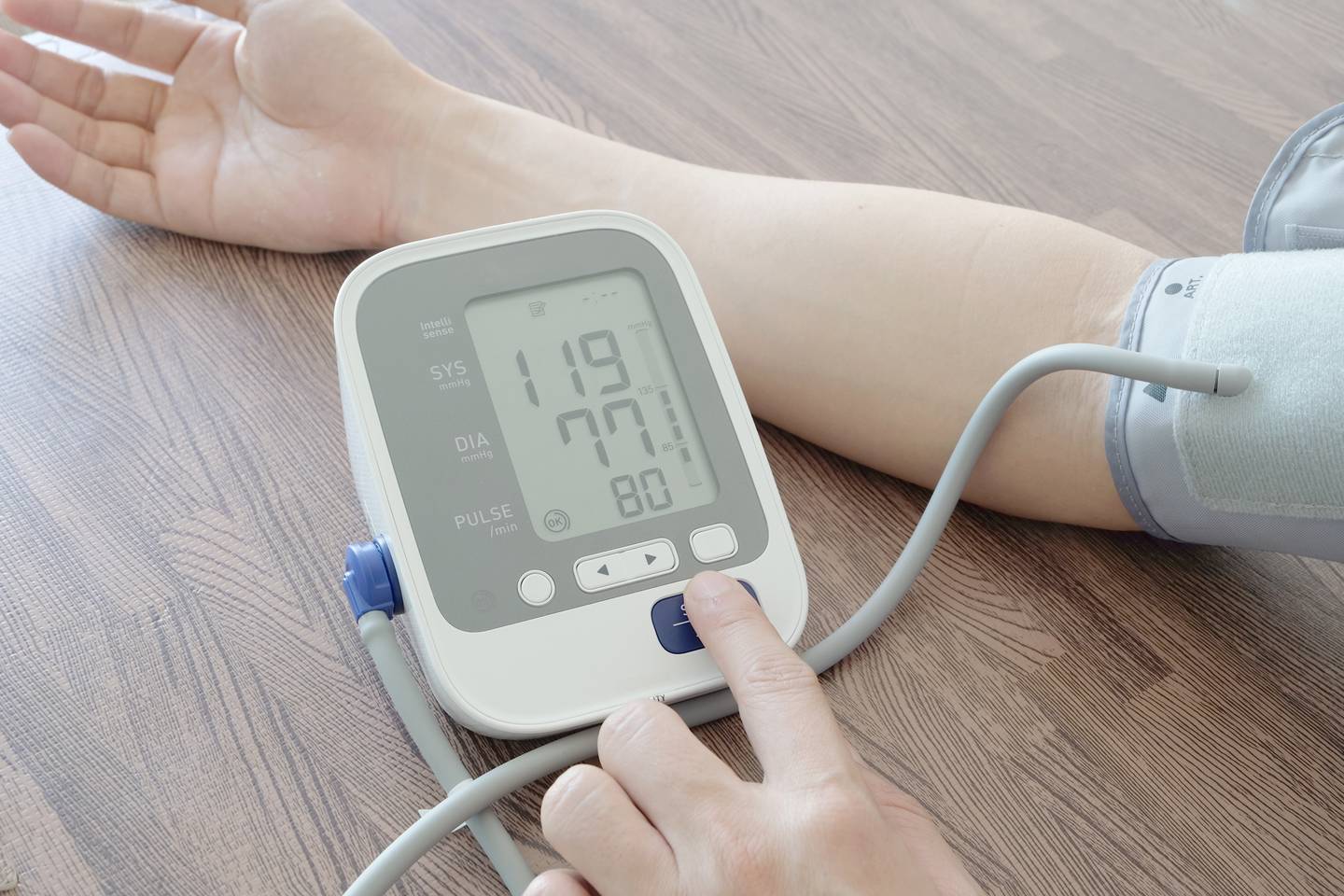
Up to 120/80 mmHg is considered normal blood pressure. (Shutterstock)
The data released by the organization are overwhelming and overwhelming: high blood pressure affects one in three adults worldwide; however, almost half of people with high blood pressure do not know they have this condition. What does this mean? That there are many people walking around who have high blood pressure and should receive treatment but are unaware that something worrying is happening in their body.
In Costa Rica, hypertension is the most common chronic disease, and its incidence is increasing.
For example, 40% of the population over 40 years of age is hypertensive, according to the 2019 Cardiovascular Risk Factor Survey conducted by the Costa Rican Social Security Fund.
READ MORE: (Video) How does hypertension arise and how does it affect health?
What do blood pressure pills do to the body of a hypertensive person?
As their name suggests, the medications prescribed for high blood pressure help stabilize blood pressure in different ways. “With high blood pressure, typically there are blood vessels that begin to become more rigid and the medications often try to regulate blood pressure through different mechanisms. Some can make the vessels expand more, others prevent arterial stiffness, others have some action on the volume of blood in the body and some regulate the heart rate, among others,” explained cardiologist Andrés Garzona.
There is no single pill for high blood pressure; there are different antihypertensive drugs, including angiotensin-converting enzyme inhibitors (ACEI), calcium antagonists (CA), angiotensin receptor antagonists (ARB) and thiazide diuretics. Each of them has a different action; however, they all help to “relax” blood vessels, the specialist added.
Beyond their complex technical names, what is certain is that these drugs contribute to reducing the possible damage caused by hypertension to the organs and “the vast majority have been proven to reduce cardiovascular failure,” Garzona explained.
Here, an important parenthesis: at first, the body adapts to the increasing blood pressure; however, there comes a time when the protections are no longer enough and hypertension begins to cause damage to organs such as the heart, brain, kidneys or eyes. “These organs function at a certain pressure with which they are irrigated, but then, if hypertension progresses without being controlled, failures and complications occur,” the cardiologist pointed out.
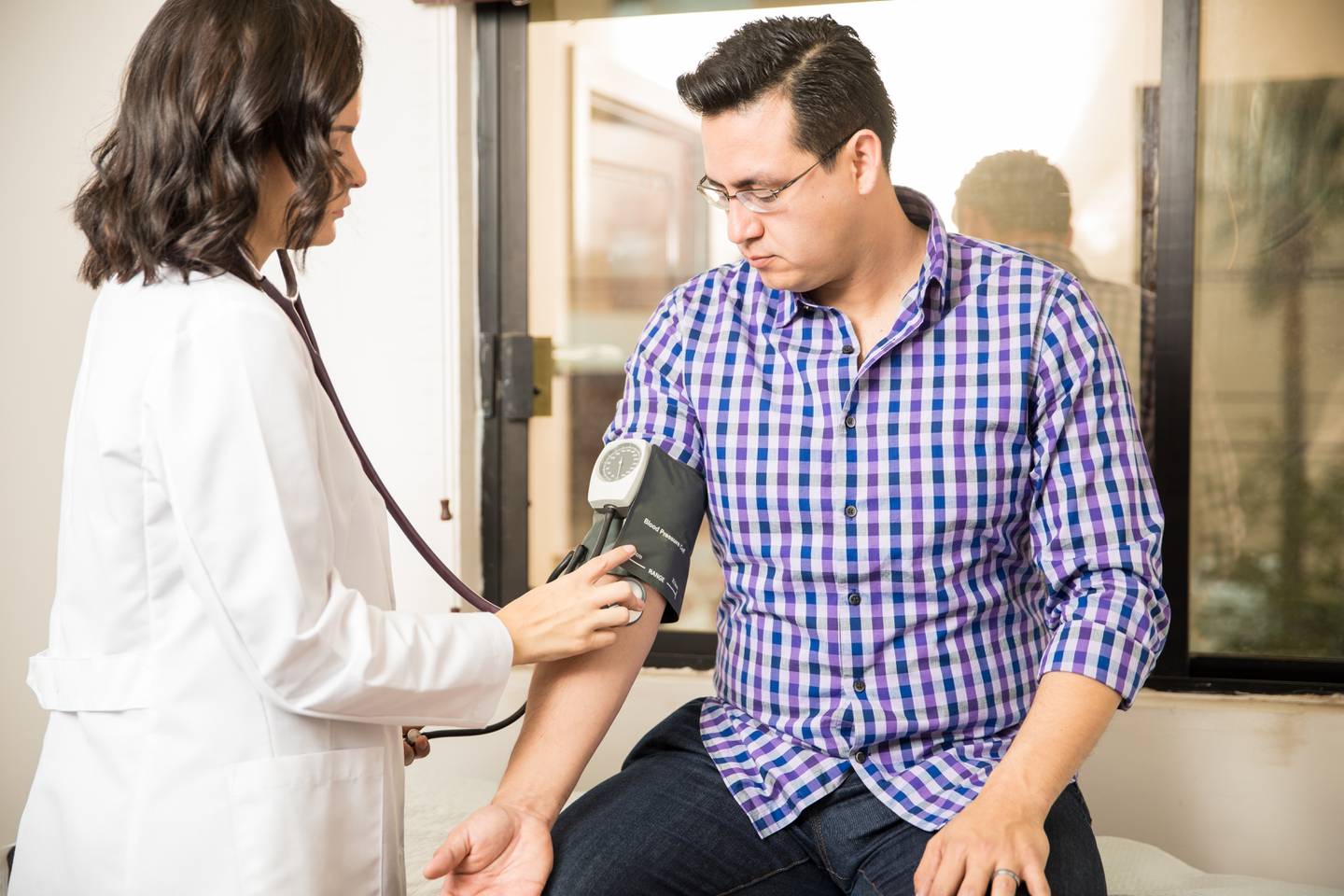
It is recommended to take your blood pressure once a month or at least every three months. (Shutterstock)
According to a WHO statement from September 2023 on the report on the devastating effects of high blood pressure worldwide, if countries manage to expand coverage, 76 million deaths could be avoided between 2023 and 2050.
How to take high blood pressure pills?
Depending on the form and dosage prescribed by your doctor. Treatment for high blood pressure is individualized for each patient and takes into account their particularities and medical history. The only thing that is clear is that these pills must be taken every day at the time indicated by your doctor and that this consistency must not be missed. “If these medications are taken regularly, stable concentrations will be reached in the body that will have an impact on lowering hypertension,” said the cardiologist.
Andrés Garzona explained that it is very common to find patients who only take the pills when they realize that they have high blood pressure or feel bad and they know that it is because of the pressure. “That is not good because it is more advanced and it is not ideal to wait until that moment,” adds the specialist.
That is, a person with hypertension should take the drug every day in the way recommended by their doctor. And if they begin to feel many side effects, they should talk to their doctor.
What time is best to take high blood pressure pills?
At the time suggested by your doctor. Some people take it in the morning, others in the afternoon or evening.
The truth is that the clinical study Timecarried out by specialists from the University of Dundee (United Kingdom), suggested in 2022 that the time at which the medications are taken is not decisive, since they found no difference in this aspect based on five-year monitoring of more than 21,000 people.
Garzona warned that it is advisable to always take medications at the same times in order to ensure stable levels of drug concentration and not leave the body unprotected during certain periods.
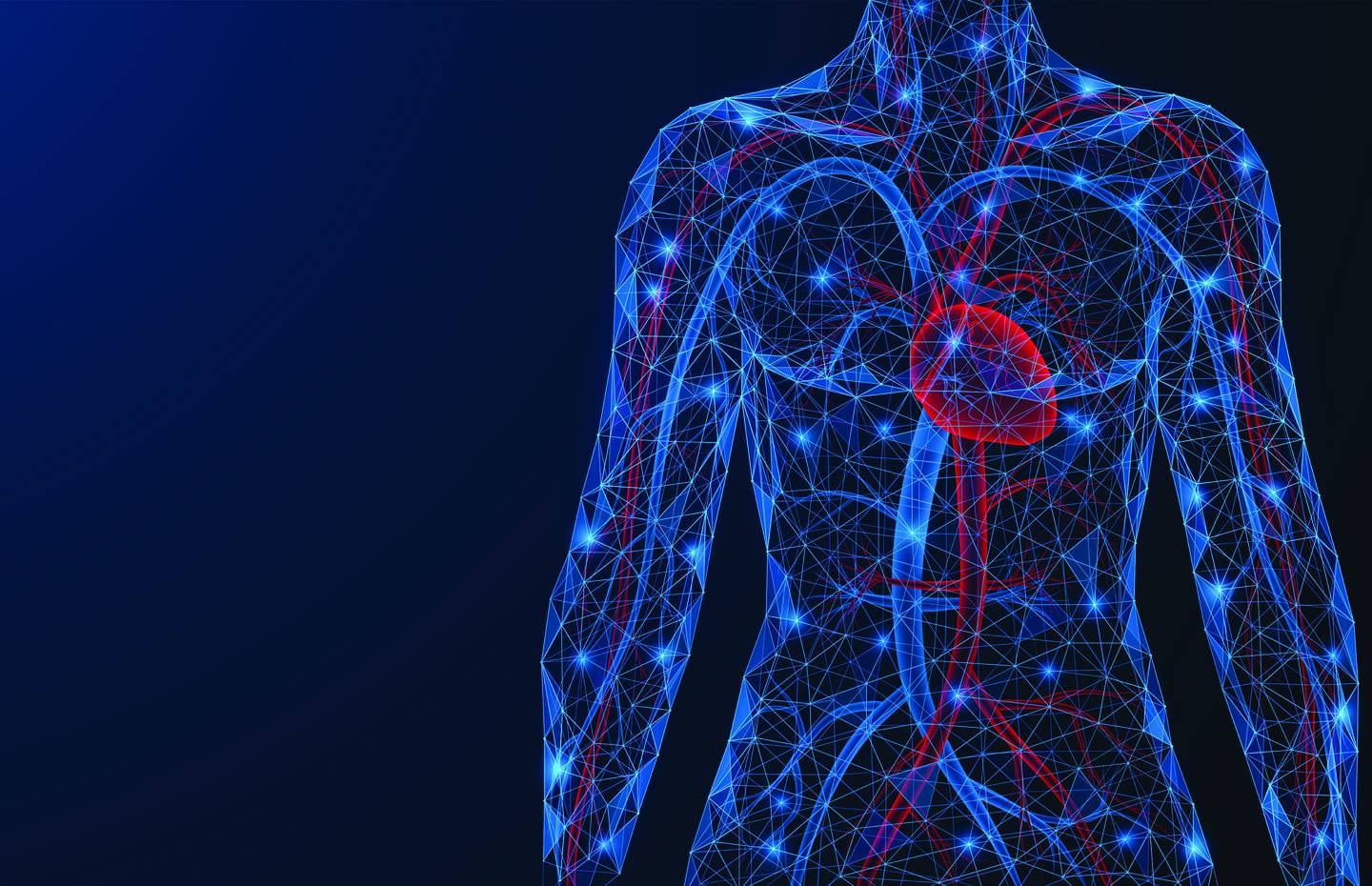
Hypertension stiffens blood vessels throughout the body and particularly affects organs such as the heart, brain and kidneys.
How often should I take my blood pressure?
People with high blood pressure often have their blood pressure checked to ensure that the medication they are taking is controlling their high blood pressure or if they have symptoms that worry them, as they may need to see their doctor again.
People without diagnosed high blood pressure problems are advised to have their blood pressure checked once a month or every three months to know their normal values and to be alert to possible changes or variations that should be discussed with the doctor, said cardiologist Andrés Garzona.
Go to the pharmacy, Ebais or clinic to have your blood pressure taken. A report by journalist and health expert Irene Rodríguez specified that up to 120/80 mmHg is normal; however, people are asked to be careful about this measurement, because when it rises above 140/90 mmHg – especially if it remains like this for at least a week – it is already hypertension, according to WHO criteria.
Does a balanced, low-sodium diet and exercise cure hypertension?
In most cases, doctors recommend that people with high blood pressure eat a balanced diet, low in sodium, and exercise regularly, in addition to strictly following the medication given.
According to Garzona, it has been observed that people whose hypertension is due to poor eating habits and a sedentary lifestyle can return to normal blood pressure levels by modifying their diet and exercising frequently.
However, it should be remembered that there are times when hypertension is due to congenital or genetic conditions or is caused by a previous illness.

